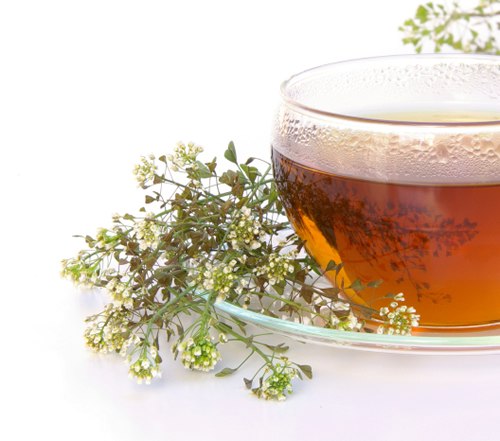Description
Botanical: Capsella bursa-pastoris
Other common names: Capsella, Mother's Heart, Pick Pocket, Shovelweed, Sanguinary, Toywort, Lady's Purse, Shepherd's Heart, Cocowort, Witches' Pouches, Saint James Weed, Case Weed
Shepherd's Purse is used chiefly to control bleeding - both internally and externally. But it is also thought to relieve urinary tract infection, excessive menstrual flow, diarrhea, hemorrhoids and varicose veins ... and, it is edible and highly nutritious.
Country of Origin: United States
Beneficial Uses:
Shepherd's Purse has been employed for centuries in both Eastern and Western herbal medicine as an effective hemostat or blood coagulant (both internally and externally) that has been used to reduce or stop hemorrhage and bleeding from internal organs, particularly controlling profuse menstruation, postpartum and uterine bleeding, and blood in the urine. Shepherd's Purse is thought to be a very useful herb for gynecological conditions.
Used externally, Shepherd's Purse's styptic and coagulant properties have been used to reduce bleeding in wounds and to stanch nosebleed. Used topically, it is also thought to be a vaso-constrictor that is useful in alleviating varicose veins.
Shepherd's Purse is considered a diuretic with antiseptic properties that promotes the flow of urine, and as such, it helps to rid toxins from the body through the increased urine. The herb has been used to treat urinary tract infections, such as cystitis, abscess of the bladder, white mucous matter in the urine and also helps to flush uric acid and other matter (stones and gravel) from the kidneys.
As an herbal astringent, Shepherd's Purse is believed to be very helpful in treating diarrhea, hemorrhoids and dysentery.
Contraindications:
Shepherd's Purse should not be used during pregnancy, as it is a uterine stimulant. Those who take prescription kidney medications should not use this herb.


